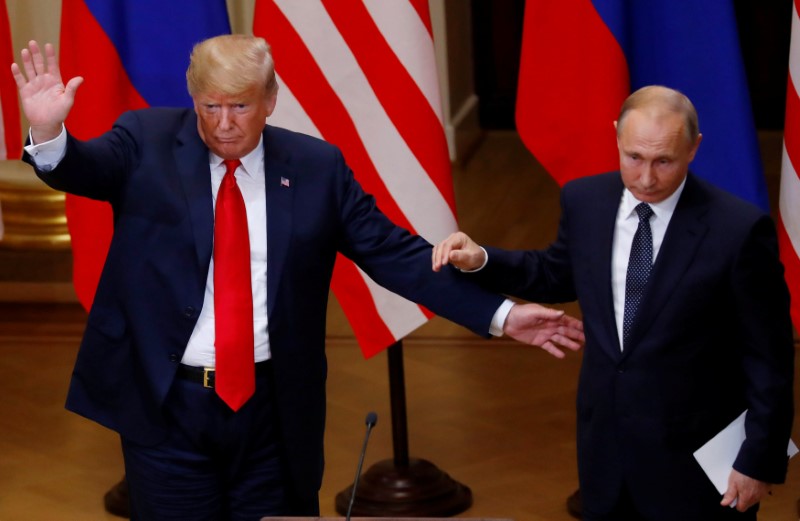Gold bars to be exempt from tariffs, White House clarifies
Investing.com -- The U.S. is expected to pursue a series of trade deals in the coming weeks, with the goal of supporting the equity market and reducing recession risks.
President Trump’s administration has imposed a uniform 10% tariff on most U.S. trade partners for 90 days, while also offering rebates and exemptions to key industries to facilitate negotiations.
According to BCA Research, the upcoming trade talks are also likely to include China, although the firm notes that a final agreement with Beijing remains distant. Trump has made tactical exemptions from tariffs on Chinese electronics and computers, while China responded with limited concessions.
Still, BCA expects that “China will eventually agree to negotiate with Trump,” particularly if upcoming data reveal damage from U.S. tariffs.
“If the data show a big hit to the Chinese economy, Xi Jinping’s top negotiators will start answering America’s calls, and negotiations will commence,” said Matt Gertken, chief geopolitical strategist at BCA.
Meanwhile, negotiations with key allies such as Canada, Japan, and South Korea are expected to move forward. Domestic political pressures in those countries, including recent elections and inflation concerns, are seen as potential catalysts for reaching deals. In BCA’s estimate, resolving these negotiations could cover around 28% of the U.S. trade deficit.
On the Russia front, BCA believes a ceasefire deal in Ukraine is likely. The investment research firm argues that Russia’s weak economy and the mounting costs of its military campaign are becoming unsustainable.
“Russia is likely to accept a ceasefire. Otherwise, it will humiliate the White House and unite all of the western world behind Ukraine,” Gerken wrote. The recent U.S.-Ukraine minerals deal and the first arms sale of Trump’s second term have signaled continued U.S. commitment to Kyiv.
Public pressure in the U.S. is also mounting, with majorities supporting both a ceasefire and increased accountability for Russia. Gerken argues that Russia’s offer of a three-day ceasefire “looked pathetic” but represents a step toward a broader agreement.
For investors, BCA expects geopolitical tensions and weakening economic data to weigh on global equities, with policy uncertainty pressuring cyclicals. For now, it favors defensive stocks over cyclicals.
While the “sell America” trade appears overdone—U.S. tech earnings held up—Europe is unlikely to outperform without major stimulus, strategists said.
BCA remains Overweight European equities but signals a potential shift if a global recession takes hold. It also recommends maintaining long positions in global defense stocks.
